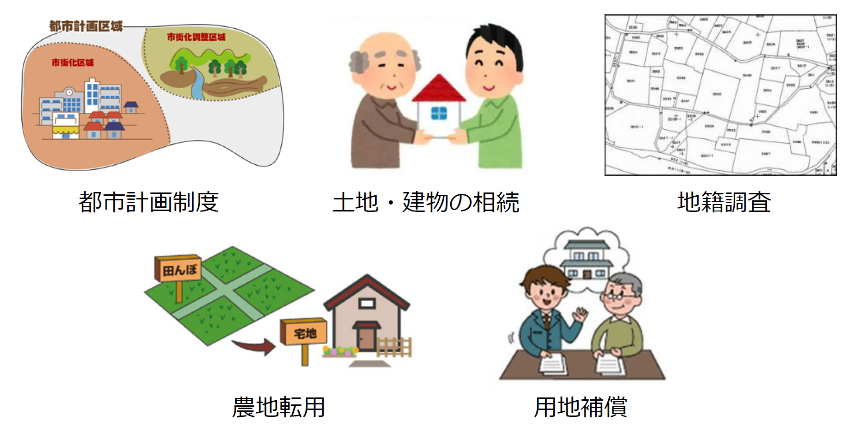Practicing basin-wide flood management entails the optimal distribution of “disadvantages,” such as designating zones that allow flooding according to the characteristics of each area, which, in turn, requires changing current land use in the basin on a time scale that exceeds generations and depreciation periods.
Therefore, in addition to present river improvement plans, it is indispensable to comprehensively and systematically scrutinize information and knowledge in order to cover a wide range of policies, including making long-term plans for urbanization, land use, and agriculture, coordinating regulations and rights to implement those plans, identifying benefits and costs regarding ownership and inheritance, creating a favorable market environment, including finance and real estate, and establishing compensation systems for various "disadvantages."

To produce concrete ideas with evidence for future policy discussions by analyzing the characteristics of various approaches to optimizing basin land use from a long-term perspective. This research will provide the basic information and data for planning policies and measures to optimize basin land use and coordinate stakeholders’ interests 50 years from now.
None
FY2023-FY2025
| Chief Researcher | KURIBAYASHI Daisuke |
| Senior Researcher | DENDA Masatoshi |
| Researcher | YAMASHITA Daiki |
1. Collection and analysis of current laws and policies that may affect land use
We will collect information on a wide range of laws and policies concerning land use in a broad term, including plans, regulations and rights related to land, real estate, urbanization, agriculture, etc., taxation regarding ownership and inheritance, financing, and costs and compensations. We will then analyze them for content and characteristics while conducting hearings from related organizations and experts.
2. Research on the effect of land use-related laws and policies on land use
We will analyze how the laws and policies collected in step 1 have affected the land use in recent decades (e.g., how they have influenced public behavioral choices) through hearings with experts and those involved in land use issues.